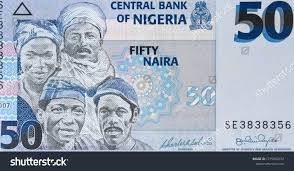Importance of Nigeria on the Global Stage
Nigeria, the most populous country in Africa with over 200 million residents, plays a pivotal role in the continent’s socio-economic development. Its rich cultural diversity, along with an abundance of natural resources, positions it as a significant player in both African and global markets. In recent times, Nigeria has faced unique challenges and opportunities that underscore its relevance today.
Cultural Diversity and Heritage
Nigeria is home to more than 250 ethnic groups, each contributing to a vibrant tapestry of languages, traditions, and religions. The major ethnic groups, including the Hausa, Yoruba, and Igbo, showcase varied customs and practices, reflected in their arts, music, and festivals. Notable events such as the Osun-Osogbo Festival and the Durbar Festival attract international attention, celebrating the cultural heritage and unity among diverse groups.
Economic Landscape
Economically, Nigeria is classified as one of Africa’s largest economies, relying heavily on its oil and gas sector, which accounts for over 90% of foreign exchange earnings. Recently, the government has made strides toward diversifying the economy by promoting agriculture, technology, and services. In 2021, Nigeria’s GDP growth rate rebounded to 3.40%, despite the global economic downturn caused by the COVID-19 pandemic.
Current Events and Challenges
As Nigeria prepares for its 2023 general elections, political stability remains a concern. Security issues, particularly in the northern regions affected by insurgency, challenge both citizens and government efforts. Furthermore, economic instability, exacerbated by inflation rates climbing to over 15%, has affected the cost of living for many Nigerians. Nevertheless, the upcoming elections present an opportunity for change, with young voters increasingly engaged in the political process, aiming for reforms and improved governance.
Conclusion
Nigeria stands at a crossroads of cultural richness and economic potential amid significant challenges. The outcomes of the forthcoming elections and ongoing reforms in various sectors could substantially influence the nation’s trajectory. For global observers and citizens alike, Nigeria represents a blend of hope, resilience, and vibrancy in moving toward a more prosperous future.


